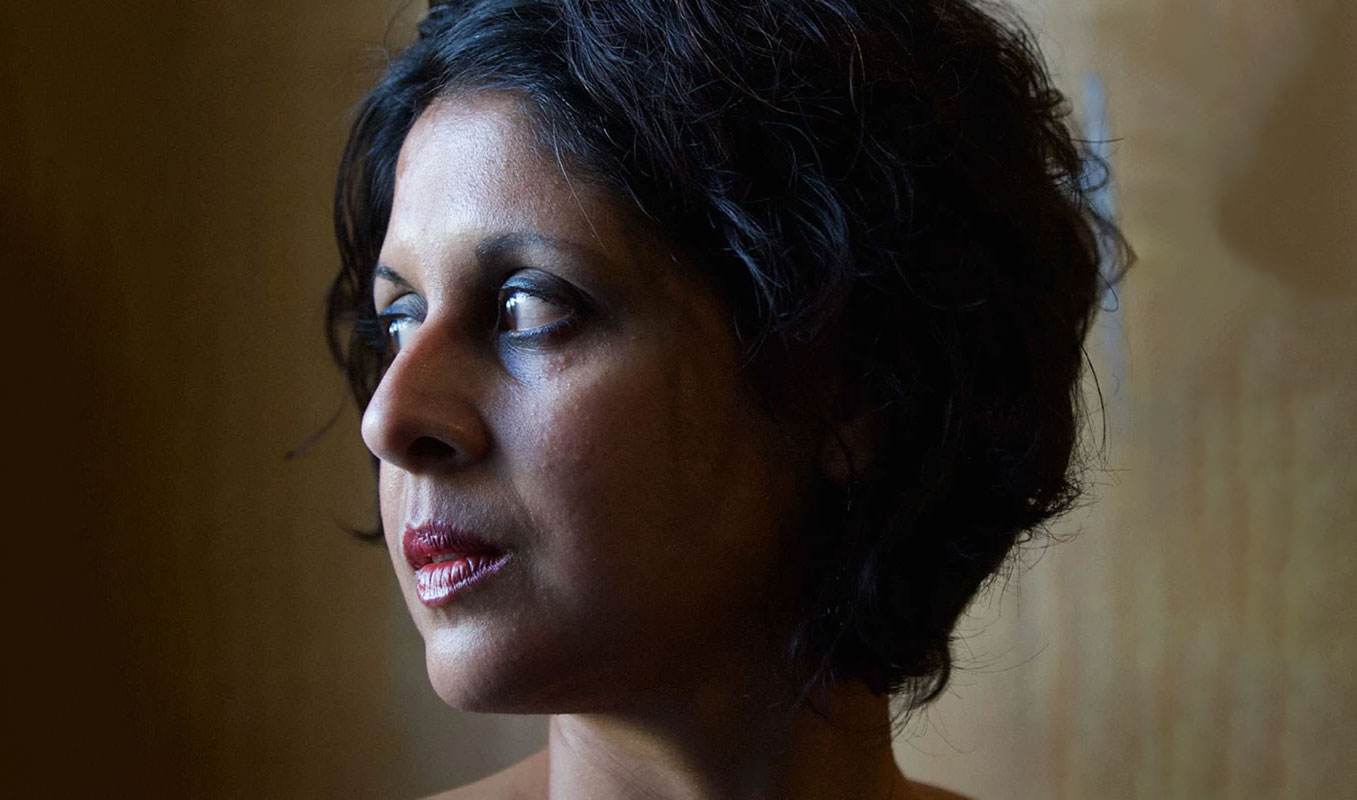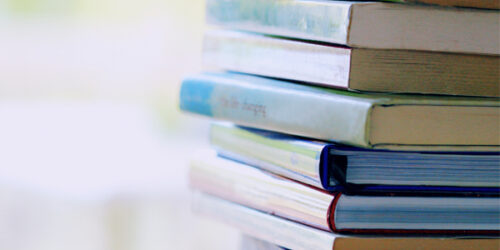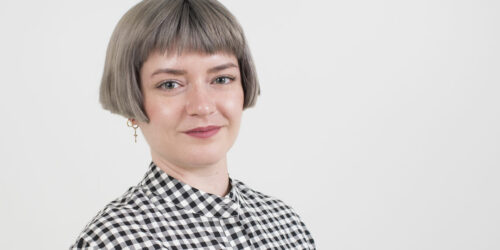
Last week we revealed Kei Miller’s list of ten unmissable emerging writers working in the UK today, as part of the International Literature Showcase. We asked poet and non-fiction writer Vahni Capildeo to examine and contextualise his powerful selection.
Kei Miller’s list of emergent writers fizzes with hope, like an old-timey musical. Spring is bustin’ out all over, and it’s named Caleb Azumah Nelson, Daisy Lafarge, Gail McConnell, Helen McClory, Ingrid Persaud, Jarred McGinnis, Mícheál McCann, Rachel Long, Sairish Hussain, and Steven Lovatt. There is something for everyone: six novels, three volumes of poetry, and non-fiction. Two novels are family sagas which would make a book club happy. Another scratches the itch for horror. What qualities might these titles share – apart from being stunningly well-written?
First, there is, yes, hope. These writers, fearless and uncensored, deal with hard topics: violent death, the loss of love between mother and child, the disappearance of beloved nature, the ravages of illness. Still, loss is not the lesson. Their courage opens many worlds. None is a pornographer of misery or a documentary consumer of otherness. They sweep us up on a high tide of creativity. We are carried by – emerging or no – the joy of the craft.
This craft is evident in how the sense of genre dissolves in the sense of pleasure or astonishment. ‘To love is both to swim and drown’, says the narrator of Caleb Azumah Nelson’s London novel Open Water, which reads like a lyric, looping through nervy dreams and dancing out trauma. Open Water asks both reader and story ‘How are you feeling?’ Poet Gail McConnell’s The Sun is Open deserves to be read by lovers of art and non-fiction, too. The epigraph, from a newspaper, specifies McConnell’s father was ‘shot dead in front of his wife and three-year-old daughter’ in Northern Ireland. Using typography and verbal collage, McConnell’s journey leads from the infant imagination, taking keep of bereavement, into redemptive queer parenthood.
Whether we are seen or not seen is a serious theme shared by Miller’s choices, which move easily between multiple perspectives. Rachel Long’s My Darling from the Lions is gorgeous with tangible details: incense, snow, wigs, crabs, dolls. In the fascinating variations on single, short poems, something as a visceral as a scream can be variously experienced and explained. The Acknowledgements portray a new writing world of connexion and support. Authors are not lone heroes. Daisy Lafarge’s novel Paul flows, perversely akin to a holiday read about sun-drenched France. However, its suspense is worthy of Hitchcock and du Maurier. With apocalyptic irony, the conditions that let Man who would be Genius flourish are exposed in the bright, dissociative voice of a younger woman, and in parallels between this Paul and Gauguin.
Tender masculinity to the fore, toxic masculinity decentred: another common trait of Miller’s chosen titles. Mícheál McCann’s Safe Home breathes a pine forest of forgiveness and love while chronicling muddiness and pain. Like Lafarge’s novel, these poems are ecologically aware, prickling with the rural, urban, and technological.
They sweep us up on a high tide of creativity. We are carried by – emerging or no – the joy of the craft.
The big question is, why hasn’t it been normal for books like these to star in our shelves, curriculums, and speeches? Where, as in Sairish Hussain’s The Family Tree, the web of everyday life and sparky conversation, city amusements and temptations, just happens to foreground a Muslim family? Where, as in Jarred McGinnis’s The Coward, the protagonist happens to be a wheelchair user who is no ‘example’, but spirals through action adventure and the shattering machismo intertwined with romance, towards unpredictable conclusions? Can we reclaim the pandemic phrase ‘the new normal’ for what such writers establish in the realm of the imagination, where the actions that shape our reality begin?
Ingrid Persaud’s Love after Love is the most heartbreakingly realistic depiction of Trinidadian society since V.S. Naipaul’s A House for Mr Biswas. The ear for dialogue resembles Hussain; the family relations recall McGinnis; the burn of love and desire perhaps exceeds Long, McCann, and Nelson (who do different things surpassingly well). Told by three different narrators in alternating sections, Persaud’s novel bears formal comparison with Scottish writer Helen McClory’s Bitterhall. McClory toys with modern British obsessions with period drama and the tracing of ancestry, creating a labyrinth of dark mirrors. Each character re-tells the ‘story’. It’s like The Turn of the Screw, but even more so. The language is graceful and extravagant, as if McClory channels the real or back-projected dead.
Steven Lovatt’s Birdsong in a Time of Silence corrects the ‘male bias’ of scientists and birdwatchers: ‘bird listening’ is as important as birdsong. This nature writing gently presents us with another genre-bender. The sentences (some five lines long) are stop-start and intricate, poetic as birdsong. Chronicling changes to the lockdown soundscape, Lovatt resituates our predicament as sharing in the precarity of the natural world. This is not an exercise. He writes out of passion. And this is the gift Kei Miller brings us: a catalogue of firmly grounded visionaries, writing with mind, heart, and soul.
You may also like...
Emerging Writers of an Emerging World
Kei Miller’s selection of writers for the International Literature Showcase

19th June 2021
10 inspiring books for our future
A list of must-read books by Owen Sheers’ International Literature Showcase selected writers

23rd May 2020
Sian Cain explores Val McDermid’s selection of LGBTQI+ writers
Guardian Books Online Editor comments on Val McDermid’s selection of LGBTQI+ writers

10th August 2019






